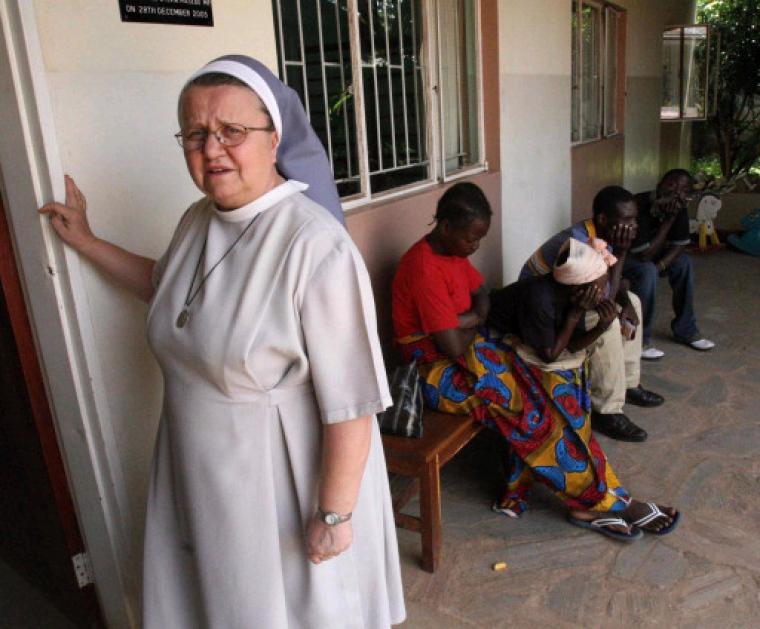
As Gordon Brown announced a World Bank fund for vulnerable countries, the report proposes alternative methods of helping those countries deal with the financial crisis without increasing long-term debt.
In a report published on Saturday, 'A New Debt Crisis?', the organisation warns that the significant falls in income and falling currencies expected in 2009 will seriously damage developing countries' ability to service and refinance their debts.
Of the 43 countries which the World Bank judges to be most vulnerable to the financial crisis, 38 had what Jubilee judged to be 'unpayable debts' before the crisis. The coalition, which includes NGOs and church-based organisations, believes that at least $270 billion needs to be cancelled to allow those countries to fight poverty.
In particular, they warn that Zambia, which has already received debt cancellation once, could see its debts become twice the level deemed sustainable by the World Bank and IMF.
Other countries facing impossible debt repayments are the Philippines and Bangladesh, they warn.
The report lays the blame for the crisis at the failure to make radical changes to the international financial system after the first Debt Crisis and calls for these changes to be made immediately.
It demands a new wave of debt cancellation, led by an international 'Debt Tribunal', internationally binding responsible lending standards, and reform of the global tax system to allow developing countries greater independence from global finance.
Sarah Edwards from Jubilee Debt Campaign said: "This is a wake up call to anyone who believes that the 'Third World Debt Crisis' has been solved. The failure of the West to learn the lessons of that crisis, which in many ways mirrors the financial crisis the whole world is now experiencing, means that many countries are still suffering from debts arising from reckless lending 30 years ago."
She said the funds announced by the Prime Minister earlier this week "could make matters worse".
"They are likely to include new loans, with harmful conditions attached, when we should actually be cancelling old debts, without those conditions," she said.
"We need a radically new international lending system, if we are to come out of the current financial crisis sooner rather than later."